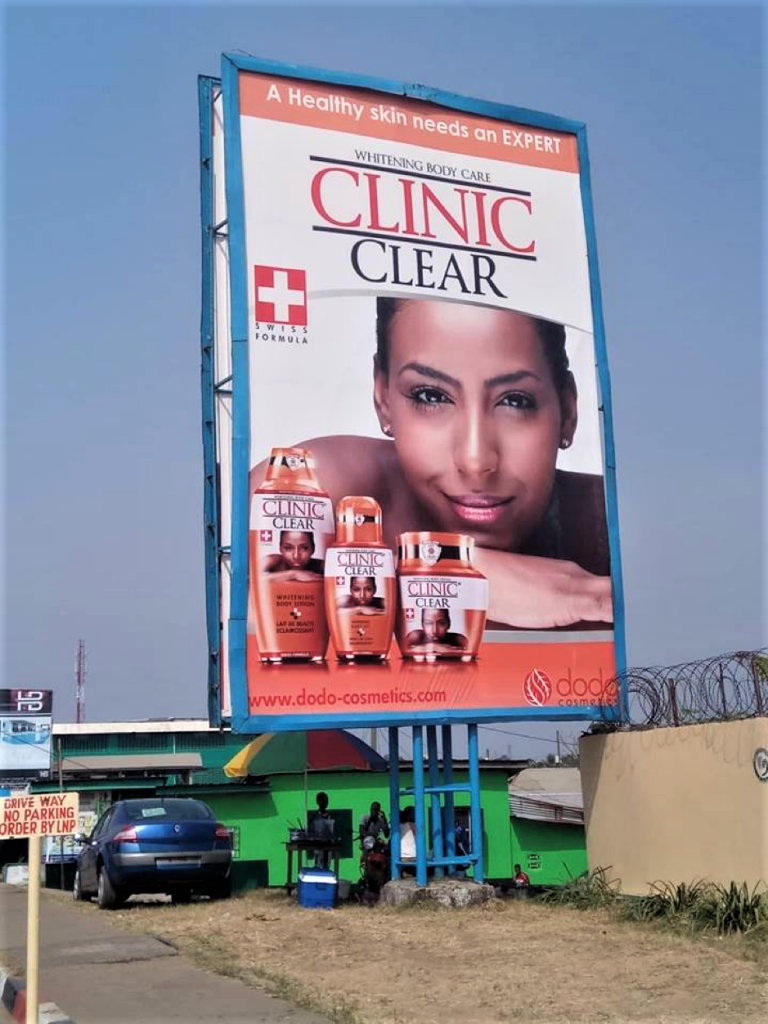Hailey Bieber's Rhode Skin Is A Hit With Gen Z on Ethics, Sustainability, Transparency
/Vogue Business estimated in March 2023 that Rhode Skin had a waitlist of over one-million SKUs across its products. Its core customer is Gen Z, probably driven by price points and Hailey’s own age. But every survey on sustainability and saving our earth indicates that Gen Z cares about ethical products more than anyone.
With the launch of Rhode’s Glazing Milk - an ultra-lightweight serum that promises to deeply hydrate and brighten the skin while protecting it from environmental stressors, London cabs are rolling and Rhode Skincare arrives at Selfridges. Most images in the campaign are by Zhong Lin [IG].
The product goes on sale in America on June 15th, at noon East Coast time.
Hailey Beiber: A Very Talented Entrepreneur
AOC will never call Hailey Bieber a nepo-baby. We’ve seen other celeb kids go nowhere and blow millions. Clearly her background helped her gain access and also the confidence that she could succeed in a super competitive beauty business.
I argue that Hailey Bieber has strong entrepreneurial and business skills. She seems to execute to perfection and is very hands-on. She’s impressively NO-BS on the topic of sustainability.
Read MoreThere’s a Complex History of Skin Lighteners in Africa and Beyond
/THE WEST AFRICAN NATION OF LIBERIA IS ALLOWING VENDORS TO ERECT HUGE BILLBOARDS ADVERTISING BLEACHING PRODUCTS IN AND AROUND MONROVIA. SIMULTANEOUSLY, RWANDA HAS BANNED SKIN BLEACHING PRODUCTS, WHICH THE GOVERNMENT DESCRIBES AS UNHEALTHY. VIA
There’s a Complex History of Skin Lighteners in Africa and Beyond AOC Body
Somali-American activists recently scored a victory against Amazon and against colourism, which is prejudice based on preference for people with lighter skin tones. Members of the non-profit The Beautywell Project teamed up with the Sierra Club to convince the online retail giant to stop selling skin lightening products that contain mercury.
After more than a year of protests, this coalition of antiracist, health, and environmental activists persuaded Amazon to remove some 15 products containing toxic levels of mercury. This puts a small but noteworthy dent in the global trade in skin lighteners, estimated to reach US$31.2 billion by 2024.
What are the roots of this sizeable trade? And how might its most toxic elements be curtailed?
The online sale of skin lighteners is relatively new, but the in-person traffic is very old. My new book explores this layered history from the vantage point of South Africa.
As in other parts of the world colonised by European powers, the politics of skin colour in South Africa have been importantly shaped by the history of white supremacy and institutions of racial slavery, colonialism, and segregation. My book examines that history.
Yet, racism alone cannot explain skin lightening practices. My book also attends to intersecting dynamics of class and gender, changing beauty ideals and the expansion of consumer capitalism.


